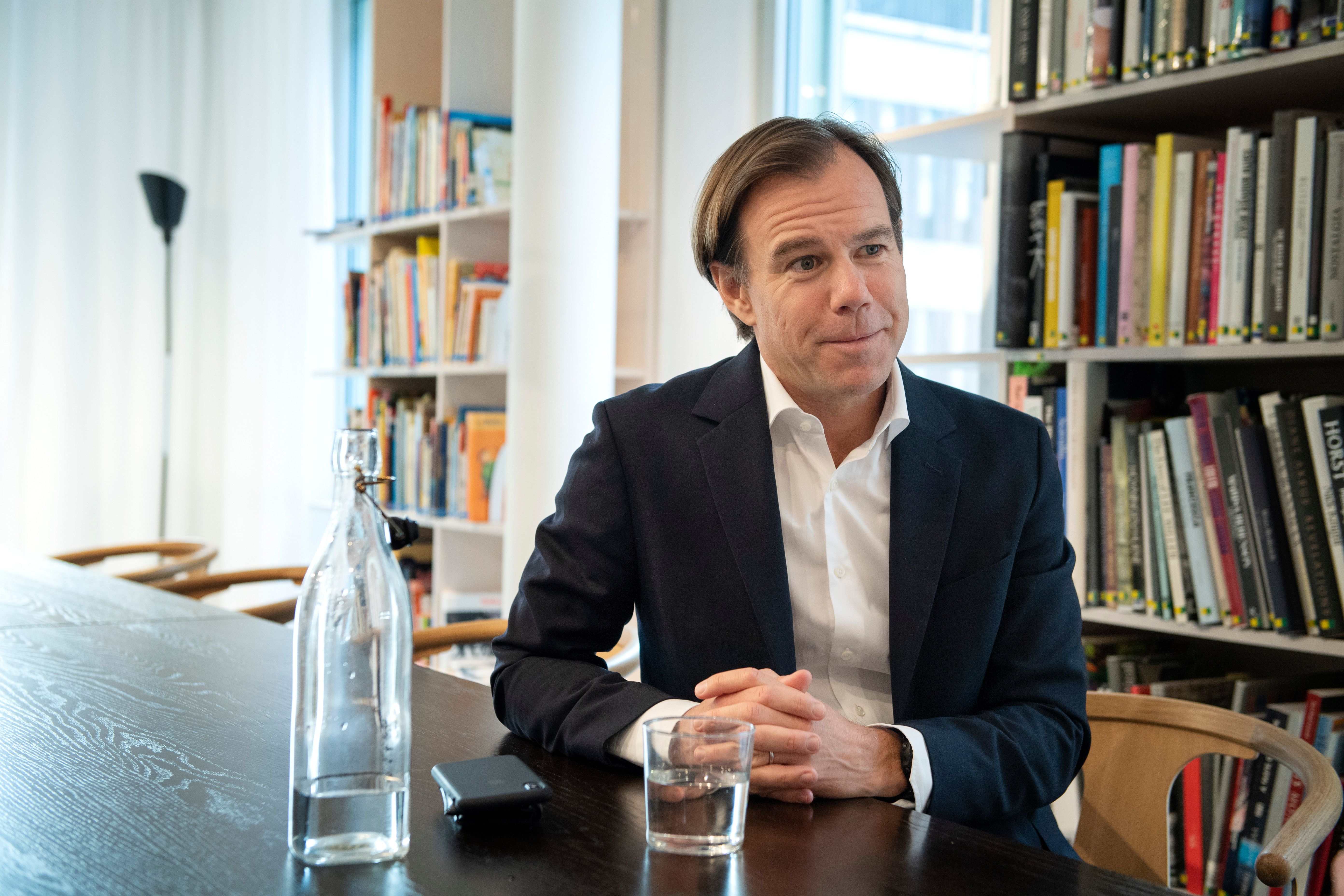Climate Activism Will Have ‘Terrible Consequences,’ Warn Richest People Alive

Credit to Author: Edward Ongweso Jr| Date: Mon, 28 Oct 2019 19:47:46 +0000
H&M CEO Karl-Johan Persson is speaking out against a trend that poses a serious threat to the human species. Nope, not climate change: “consumer shaming.”
In a Sunday interview with Bloomberg, Persson described recent climate protests as being “about ‘stop doing things, stop consuming, stop flying.’” claiming that this protest strategy might "lead to a small environmental impact, but it will have terrible social consequences."
Broadly speaking, Persson is talking about the growth of consumer shaming following the globalization of Thunberg's "Fridays for the Future" school strikes. Shame plays a central in the interventions by Thunberg’s and the larger movement—whether shaming adults for believing “fairytales of endless economic growth” or shaming consumers for behaving as if it’s business as usual.
Clearly, this has made some powerful and privileged people uncomfortable, so much so that they are misrepresenting climate activism as anti-consumerism.
In late September, the Chairman and CEO of France's luxury giant LVMH, Bernard Arnault, said that Thunberg was "indulging in an absolute catastrophism about the evolution of the world" that was "demoralizing for young people." In August, Christopher Caldwell wrote a New York Times op-ed arguing that Thunberg's climate activism was anti-democratic because it called for immediate action, versus "waiting and seeing." Jonathan Franzen joined the fray with a New Yorker essay titled, "What If We Stopped Pretending," which essentially argues there is no chance of stopping a climate apocalypse, so we should instead embrace "a more balanced portfolio of hopes, some of them longer-term, most of them shorter."
These sorts of responses attempt to speak in the same language as climate activists, but they all refuse to accept the reality of the situation—because that would mean acknowledging the scale of the changes that effective climate action would require.
Air travel was an early target because of its growing role in increasing global emissions, but it only accounts for 2% of humanity’s emissions. The fashion retail industry accounts for 8 percent of global emissions—more than the emissions of global air and maritime travel combined. It’s no surprise that fashion giants such as Persson and Arnault are worried that they’re next—they likely are.
Climate change solutions that challenge our standard narratives about consumption, economic growth, and how resources are distributed in society are not just the concern of executives at large corporations, they also worry relatively well off and privileged people—like novelists who write op-eds for the New York Times and the New Yorker.
To preserve Earth’s habitability, we will almost certainly need to embrace de-growth. Less consumption for consumption’s sake may mean phasing out cars in cities. It may mean changing everything about our food system from production to consumption (and waste). It will certainly include seriously asking whether certain technologies should exist just because we can make them.
Shaming will not do any of the above, and neither will the market or economic growth. But raising questions about what needs to be consumed is perilously close to asking questions about what needs to be produced—and who needs to control that production. And while we can see this group of climate denialists for what they are, another group we often overlook deals with their own shame differently.
As Osita Nwanevu pointed out in a column for The New Republic, those who are praising Thunberg are just as much climate denialists as her critics:
“Thunberg gets that praise only because her youth allows politicians and the press to flatten her image. For their purposes, Thunberg isn’t a precocious advocate for a new way of thinking about society, but an instrument of performative self-flagellation. The powerful nod vigorously when Thunberg castigates them, not in agreement with what she says must be done, but in the hopes that nodding might be considered an acceptable substitute. This is an iteration of the guilt suffused throughout liberal politics, which often seems better suited to producing tears and slogans than genuine change.”
There is a core paradox animating climate denialism today: the belief that markets can allow us to pursue our truest dreams and desires versus the reality that this self-minded pursuit adopted en masse is killing the planet. The markets will not save us, in fact they represent the greatest obstacle to averting this disaster. But a world without them is unimaginable, as markets provide goods and services that were once rights (healthcare, mobility, security, etc.) owed to citizens of now-atrophied welfare states. What we must do, these critics argue, is to accept the world as it is and “innovate” or “wait and see” or “stop pretending.”
Persson is right that consumer shaming could have “terrible social consequences,” but only because it risks goading people towards the conclusion that our global social order is fundamentally flawed. Such a realization would be terrible—for him.
This article originally appeared on VICE US.